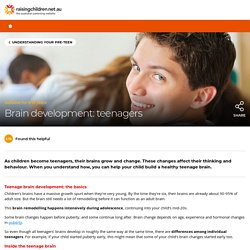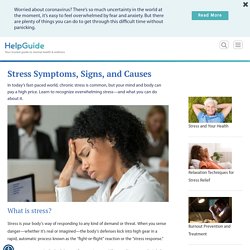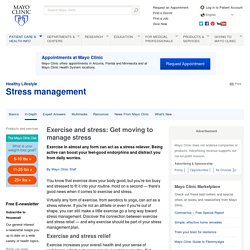

Developemental changes of brain. Teenage brain development. Teenage brain development: the basics Children’s brains have a massive growth spurt when they’re very young.

By the time they’re six, their brains are already about 90-95% of adult size. But the brain still needs a lot of remodelling before it can function as an adult brain. This brain remodelling happens intensively during adolescence, continuing into your child’s mid-20s. Some brain changes happen before puberty, and some continue long after. So even though all teenagers’ brains develop in roughly the same way at the same time, there are differences among individual teenagers. Inside the teenage brain Adolescence is a time of significant growth and development inside the teenage brain. The main change is that unused connections in the thinking and processing part of your child’s brain (called the grey matter) are ‘pruned’ away. This pruning process begins in the back of the brain. Building a healthy teenage brain How teenagers spend their time is crucial to brain development. Puberty. Stress factors in teens. Distinctive stress effects on learning during puberty.
Stress Symptoms, Signs, and Causes. In today’s fast-paced world, chronic stress is common, but your mind and body can pay a high price.

Learn to recognize overwhelming stress—and what you can do about it. What is stress? Stress is your body’s way of responding to any kind of demand or threat. When you sense danger—whether it’s real or imagined—the body’s defenses kick into high gear in a rapid, automatic process known as the “fight-or-flight” reaction or the “stress response.”
The stress response is the body’s way of protecting you. Stress can also help you rise to meet challenges. If you frequently find yourself feeling frazzled and overwhelmed, it’s time to take action to bring your nervous system back into balance. Fight-or-flight response: what happens in the body When you feel threatened, your nervous system responds by releasing a flood of stress hormones, including adrenaline and cortisol, which rouse the body for emergency action. Academic stress, social media and family issues. More teens in Singapore seeking help at IMH for school stress , Education News. SINGAPORE (THE NEW PAPER) - More teenagers from top schools are seeking help at the Institute of Mental Health (IMH) for school-related stress.

IMH said that stress-related, anxiety and depressive disorders are common conditions seen at its Child Guidance Clinics, which treat children aged six to 18. The clinics saw an average of about 2,400 new cases every year from 2012 to 2017. Since IMH does not track the causes of the disorders, it does not have statistics on cases related to school stress. However, Dr Lim Choon Guan, senior consultant and deputy chief of IMH's department of developmental psychiatry, said: "Over the past few years, I have seen more teenagers in our clinic who are from top schools and report experiencing school-related stress.
" Replying to The New Paper's queries, Dr Lim said this trend does not necessarily mean more youth are feeling stressed about their studies but suggests they are more willing to seek help. This may lead them to have unrealistic expectations. Stress and implications. Problem-focused coping. Strong social support. The role of social support in adolescents are you. Physical activities. Exercise and stress: Get moving to manage stress. Exercise and stress: Get moving to manage stress Exercise in almost any form can act as a stress reliever.

Being active can boost your feel-good endorphins and distract you from daily worries. By Mayo Clinic Staff You know that exercise does your body good, but you're too busy and stressed to fit it into your routine. Hold on a second — there's good news when it comes to exercise and stress. Virtually any form of exercise, from aerobics to yoga, can act as a stress reliever. Exercise and stress relief Exercise increases your overall health and your sense of well-being, which puts more pep in your step every day. It pumps up your endorphins. Put exercise and stress relief to work for you A successful exercise program begins with a few simple steps. Consult with your doctor. Stick with it Starting an exercise program is just the first step. Set SMART goals. Whatever you do, don't think of exercise as just one more thing on your to-do list.
March 08, 2018 Seaward BL. Seeking professional help.